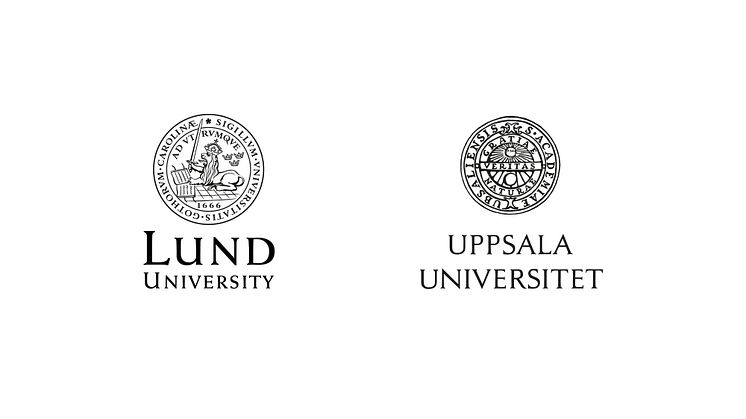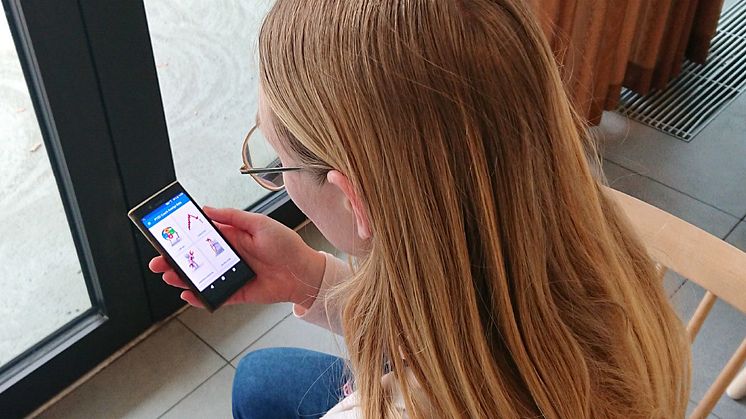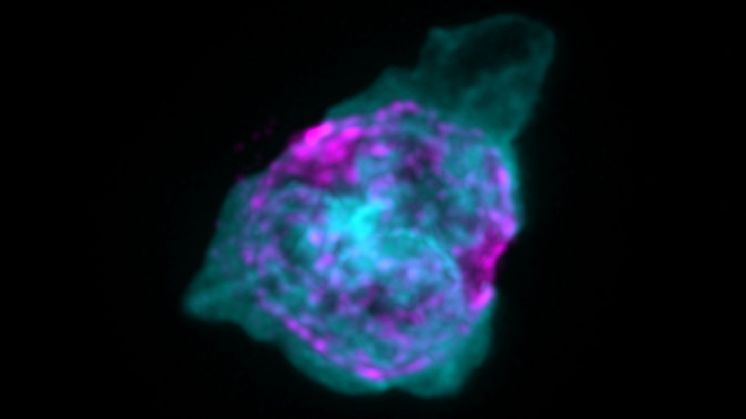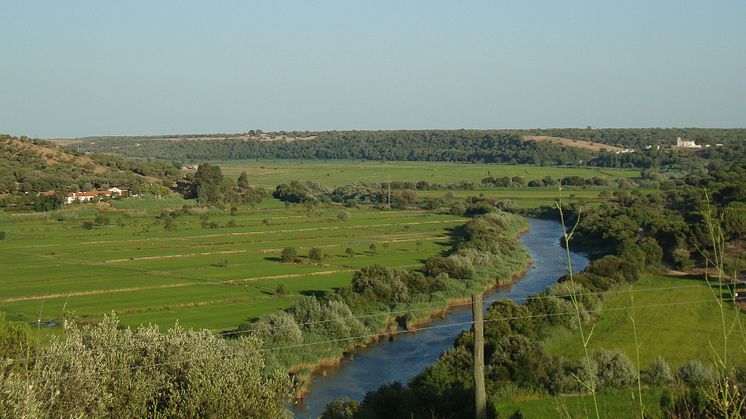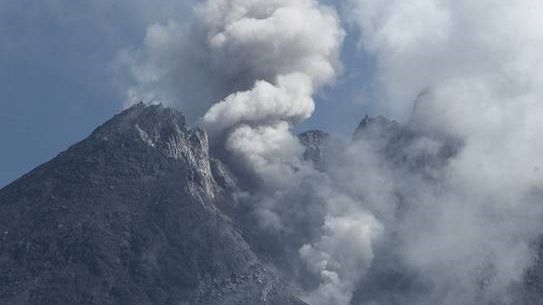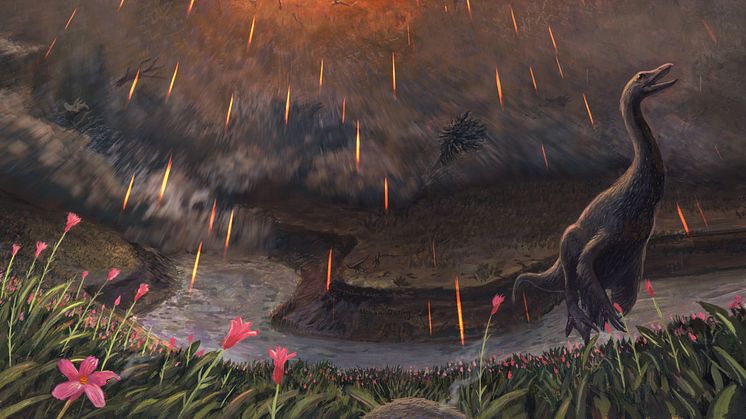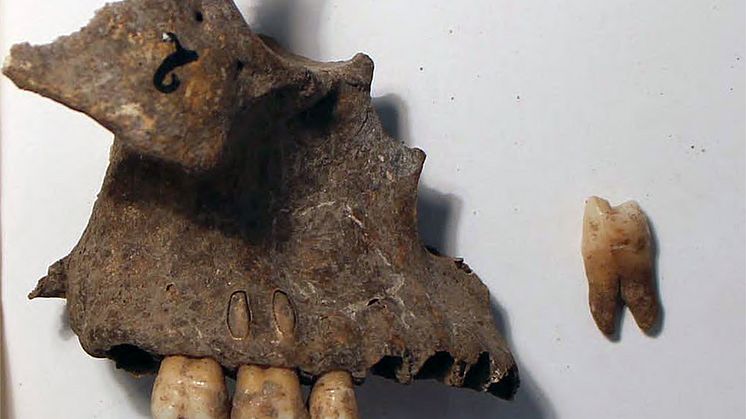Symptom data help predict COVID-19 admissions
In COVID Symptom Study Sweden more than 10 million daily reports from participants in COVID Symptom Study Sweden from April 2020 to February 2021. The scope of the study was to develop and evaluate a framework to estimate the regional prevalence of COVID-19 using symptom-based surveillance, and to test if these prevalence estimates could be used to predict subsequent trends in COVID-19 admissions.
